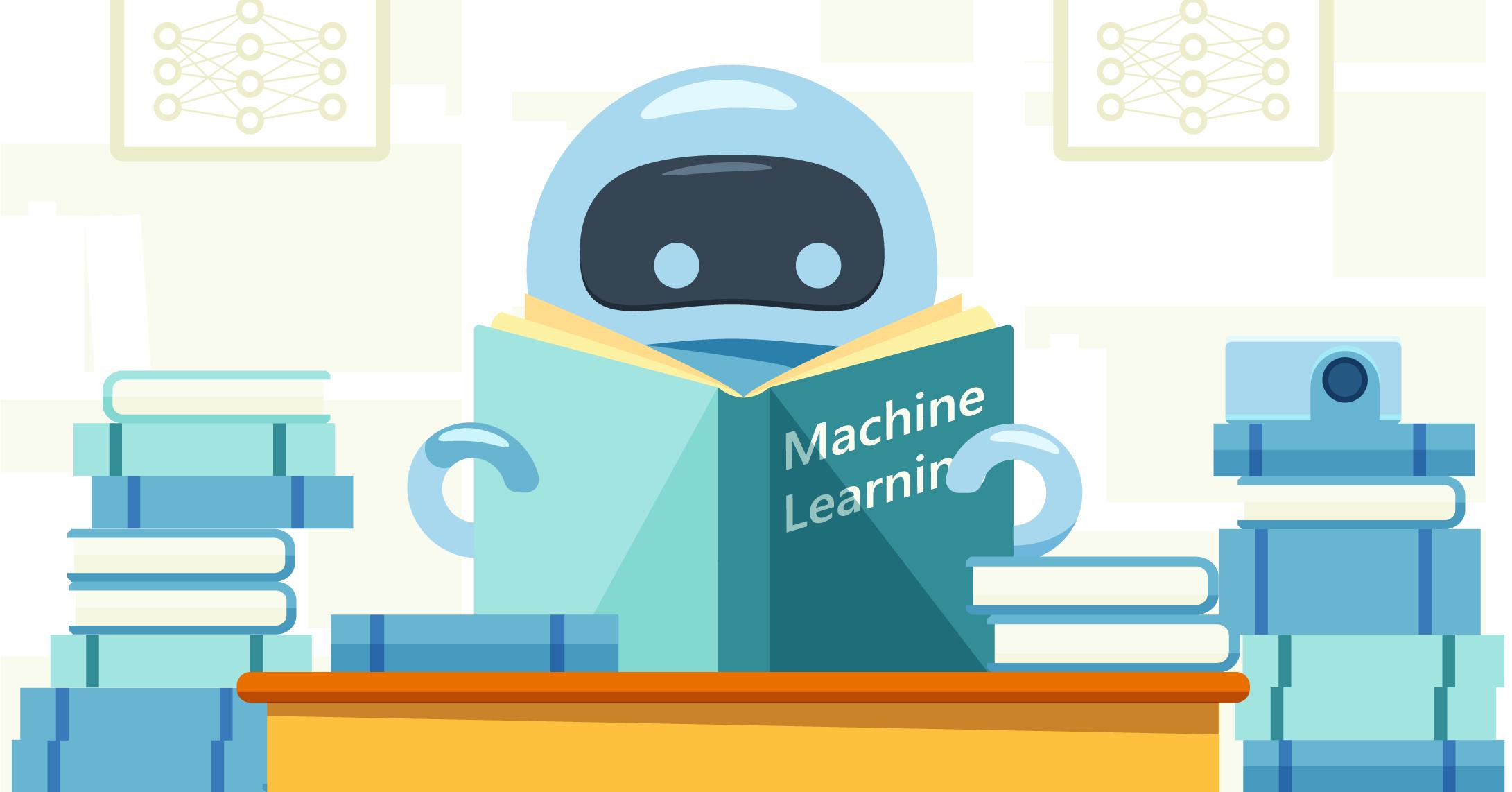Machine learning has rapidly evolved over the years, and its potential for solving complex problems continues to expand. While beginners often start with basic machine learning algorithms like linear regression and decision trees, experts delve into more advanced techniques to tackle intricate tasks. In this blog, we will explore some of the advanced types of machine learning that go beyond the basics, enabling experts to unlock the full potential of this transformative field.
- Reinforcement Learning
Reinforcement learning (RL) involves training an agent to interact with an environment and learn optimal actions to maximize rewards. Unlike supervised learning, RL does not rely on labeled training data. Instead, it employs a trial-and-error approach, where the agent explores the environment, takes actions, receives feedback (rewards or penalties), and adjusts its behavior accordingly. This type of learning is particularly useful in dynamic and uncertain scenarios, such as robotics, game playing, and autonomous driving.
- Generative Adversarial Networks
Generative Adversarial Networks (GANs) have gained significant attention for their ability to produce realistic data samples. GANs consist of two competing networks:
- A generator
- A discriminator
The generator network generates synthetic data samples, while the discriminator network tries to distinguish between real and synthetic samples. Through iterative training, both networks improve their performance, leading to the generation of highly realistic data. GANs have found applications in image synthesis, video generation, and data augmentation.
- Transfer Learning
Transfer learning allows models trained on one task to be reused or adapted for another related task. Instead of training a model from scratch, which can be computationally expensive and time-consuming, experts can leverage the knowledge gained from pre-trained models and fine-tune them for specific tasks. Transfer learning enables the application of deep learning models to domains with limited labeled data, resulting in improved performance and reduced training time. It has proven particularly effective in computer vision tasks, natural language processing, and speech recognition.
- Deep Reinforcement Learning
Deep reinforcement learning combines deep learning techniques with reinforcement learning, enabling agents to learn directly from high-dimensional sensory inputs. By using deep neural networks as function approximators, deep reinforcement learning algorithms can handle complex tasks with large state and action spaces. Deep RL has remarkably succeeded in game-playing, robotics, and autonomous systems. Notable examples include AlphaGo, which defeated world champions in the game of Go, and OpenAI’s DALL-E, which generates novel images based on textual descriptions.
- Unsupervised Learning
Unsupervised learning aims to discover patterns, structures, and relationships in unlabeled data. Unlike supervised learning, where the training data is labeled, unsupervised learning algorithms work with unannotated data, seeking to identify inherent patterns without prior knowledge of the output. Unsupervised learning commonly employs clustering and dimensionality reduction techniques. This approach has broad applications, including customer segmentation, anomaly detection, and recommendation systems.
Take Away
Machine learning has evolved beyond the basics, offering experts a range of advanced techniques to solve complex problems and push the boundaries of what is possible. As the field continues to advance, experts must explore and harness these advanced techniques to solve the increasing challenges of the future.
To gain a deeper understanding of advanced types of machine learning and the field as a whole, enrolling in an advanced machine learning course is highly recommended. These courses provide comprehensive and in-depth knowledge, covering reinforcement learning, generative adversarial networks, transfer learning, deep reinforcement learning, and unsupervised learning. Investing in such a course can enhance your expertise and stay ahead in this rapidly evolving field.
